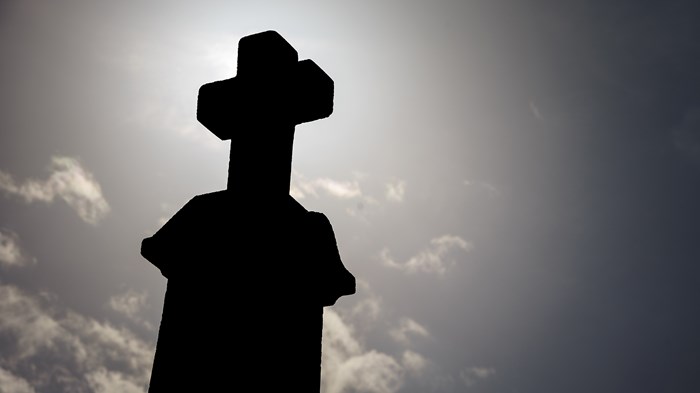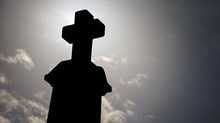
Although there's some disagreement (isn't there always?) as to exactly when and where the first Memorial Day was observed in America, it's generally agreed that the first observance was May 5, 1866, in Waterloo, New York. Its purpose, of course, was to honor the fallen of the Civil War.
Back then the holiday was called Decoration Day, but it was observed pretty much the way we do today: with flags at half-staff, parades, and placing flowers on graves. The first national Decoration Day was held on May 30, 1868 (almost three years to the day the last Confederate army surrendered).
Southern states thought Decoration Day was really just a Union observance, and created Confederate Memorial Days (the date differed among states) as a response. After World War I, however, every state but Alabama combined their observances into one national Memorial Day, which we celebrate this Monday to honor all American fallen soldiers.
What is often neglected in discussions of the Civil War,however, is the Christian story of the war. Even the lengthy and laudable Ken Burns series left out any mention of the revivals and religious background of the war.
Here are 10 interesting facts about Christianity and the Civil War, reprinted from our issue entirely devoted to the subject. If you're interested, you can buy a copy of the issue (CH033) by visiting the CH store.
- Major revivals broke out in the Civil War armies. In the Union Army, between 100,000 and 200,000 soldiers were converted; among Confederate forces, approximately 150,000 troops converted to Christ. Perhaps 10 percent of all Civil War soldiers experienced conversions during the conflict.
- Abraham Lincoln, though he knew the Bible thoroughly and spoke often of an Almighty God, was never baptized and was the only United States president never to join a church.
- Before the Civil War, it was rare to find chaplains in American armies. During the war, they earned a lasting place.
- The Constitution of the Confederate States of America specifically invoked "Almighty God"—unlike the U.S. Constitution. Further, the Confederate Constitution prohibited the foreign slave trade.
- Millions of tracts were distributed to soldiers during the war. (Average price: 1,500 for $1.) The U.S. Christian Commission alone distributed 30 million tracts, including many through a young agent named Dwight L. Moody.
- Christians who opposed the war on religious grounds were often persecuted. The Brethren eventually were allowed to be exempted from military service if they paid $500, but most suffered for their stance. for example, John Kline, moderator of the Brethren Annual Meeting, became distrusted because he provided medical aid to soldiers from both armies. Once he was jailed for two weeks, without cause, and in June 1864 he was ambushed and murdered.
- Blacks were not allowed to serve as chaplains (or soldiers) until 1863. altogether, 14 black chaplains served U.S. regiments . One of the best known was H. M. Turner, whose preaching had drawn Congressmen to hear him; he was known as "the Negro Spurgeon."
- Abraham Lincoln was the first President to use the phrase,"This nation under God." It inspired President Eisenhower, in 1954, to add the words "one nation under God" to the Pledge of Allegiance.
- Many Civil War generals stood so committed to observing the Sabbath that it influenced their military operations. Stonewall Jackson would fight only "more ordinary battles" on Sunday, and William Rosecrans refused to pursue a fleeing enemy force on a Sabbath day. Other generals attributed defeats to the fact they had violated the Sabbath by fighting on that day.
- Many preachers, especially in the North, felt that through the war the final glorious reign of God would begin. Both sides thought the war would be over in three months. Instead, it lasted four years, until 364,511 Union and approximately 260,000 Confederate soldiers lay dead from bullets and disease. More Americans died in the Civil War than died in all other American wars combined.

Support Our Work
Subscribe to CT for less than $4.25/month




























